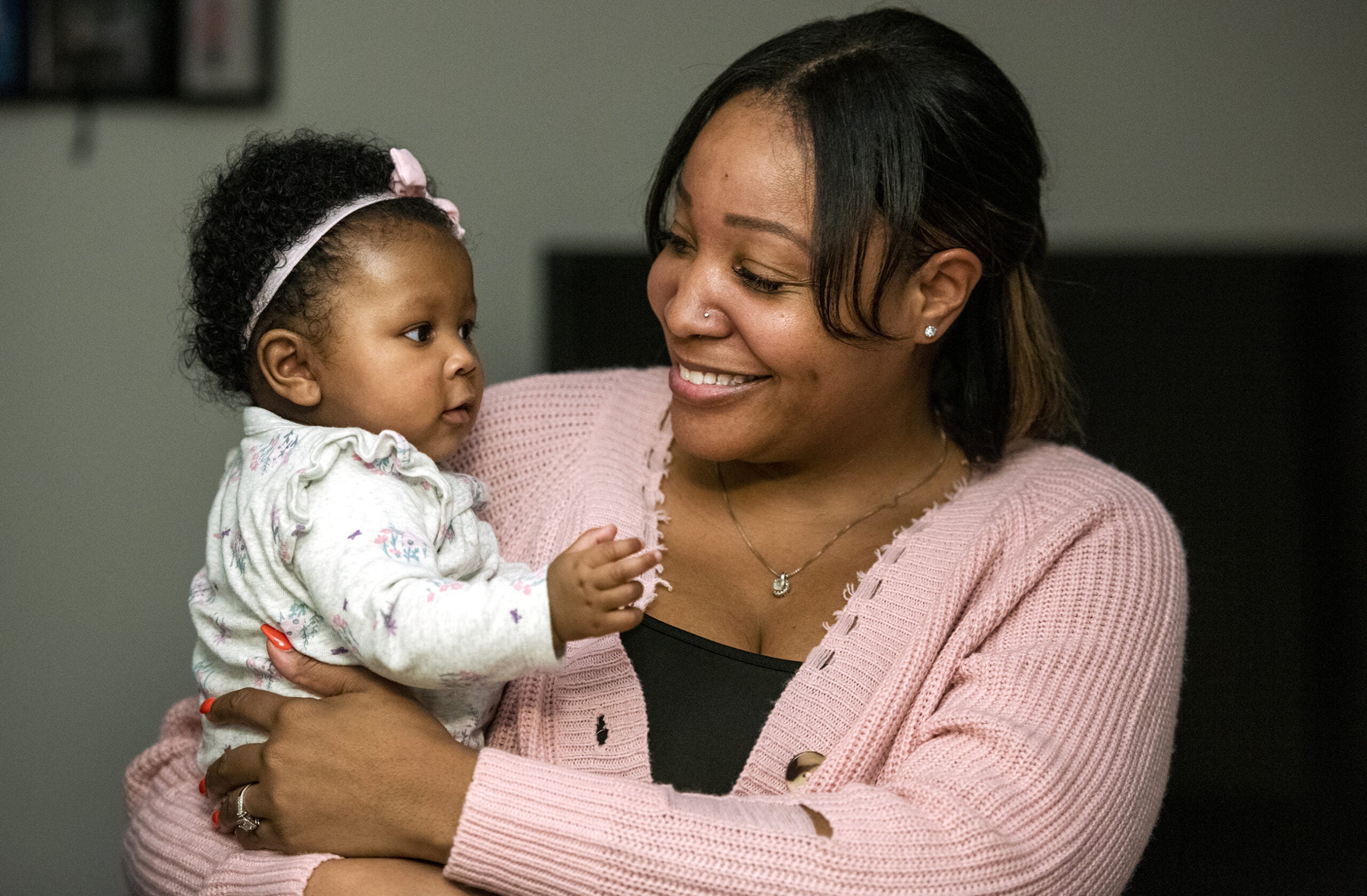The ability to handle and manage our own emotions differs dramatically from person to person, and this emotional intelligence depends heavily on whether we grew up in homes where family members talked about their feelings, personalities and beliefs.
Nicole Elbertson, director of content and communications at the Yale Center for Emotional Intelligence, said no matter what your EQ level is currently, those skills can be built upon and improved.
“There are ways to sort of level the playing field so that all of us, in spite of our different backgrounds, can actually be really good at handling our emotions,” she said.
Stay informed on the latest news
Sign up for WPR’s email newsletter.
One of the tools used by the Center for Emotional Intelligence, RULER, is an acronym used to step through the skills associated with emotional intelligence. RULER stands for Recognizing, Understanding, Labeling, Expressing and Regulating.
Recognizing refers to paying attention to ourselves and others and what’s happening inside our bodies. Are our hearts racing or relaxed? Do our bodies feel tense? Where?
The goal with recognizing is simply to take a pause and cue in to what’s happening with our bodies, physically and emotionally.
“I think one great thing that has come from this year is it’s really reinforced the need for us to pay attention to our emotions, to pay attention to the well-being of ourselves,” she said in reference to the pandemic.
Understanding is about determining the causes of our feelings. You can do this by thinking through the stages of what caused a certain feeling.
Labeling is a step that requires having a broad vocabulary to accurately explain what we’re feeling; for example, the subtle differences between feeling stressed and overwhelmed, or angry and frustrated.
Expressing — the next step — refers to how you show your emotions.
Regulating is how you manage emotions. Elbertson said there are ways to prepare ourselves for regulating emotions better, which include eating well and getting good sleep. But in the moment, a good example of regulating emotions might be to take a breath before taking action.
“It creates space so that we can think more clearly and act in a way that kind of aligns with our best selves and how we want to respond, rather than just having a triggered automatic response,” she said.
Elbertson said emotions are so important, particularly because they affect how we pay attention, how we learn, the decisions we make and the health of our relationships.
She said even without the RULER method, the simplest method to becoming more emotionally intelligent is to begin by reflecting on your emotions and the emotions of other people.
“How we feel affects how much we want to engage with other people,” she said.
Wisconsin Public Radio, © Copyright 2024, Board of Regents of the University of Wisconsin System and Wisconsin Educational Communications Board.




